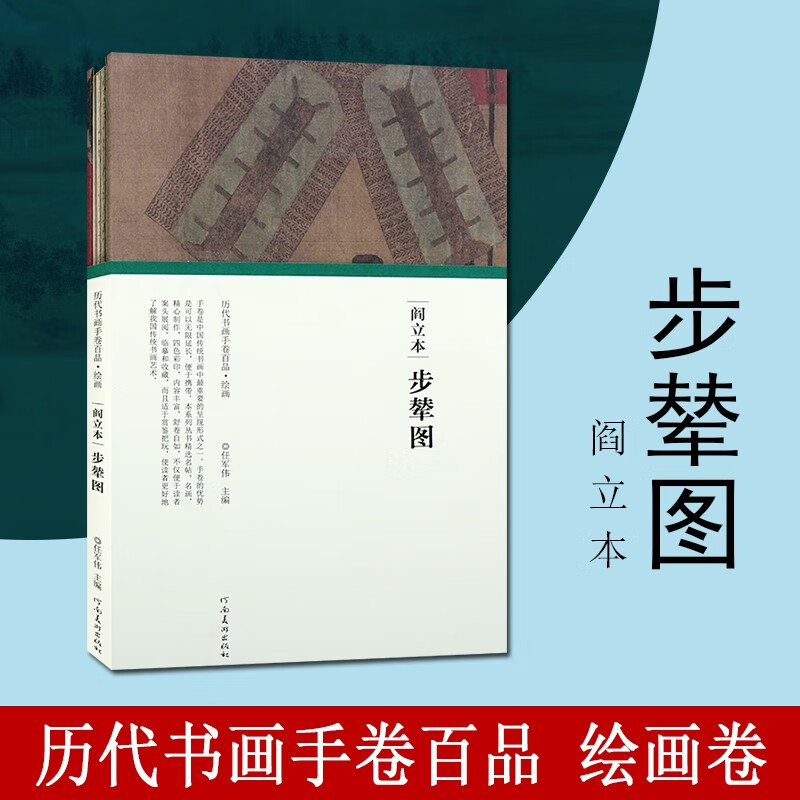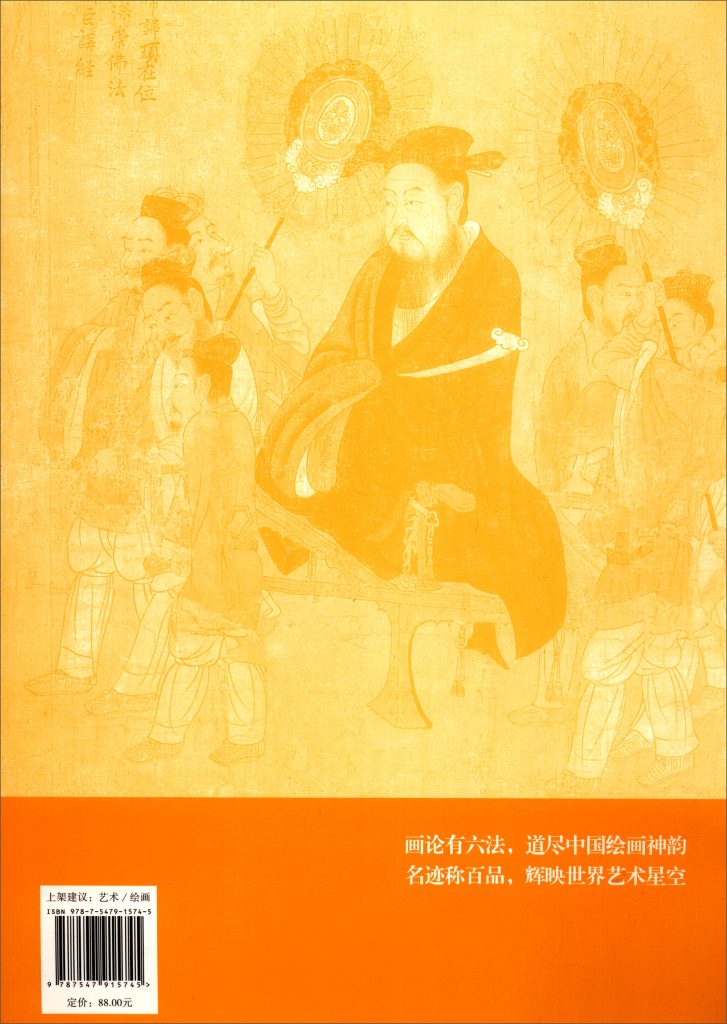Do you really understand Huang Chao’s rebellion? The history encyclopedia editor provides detailed related content for everyone.

Preface
On the eighth day of the ninth lunar month, when autumn arrives, flowers will bloom and a hundred flowers will kill me. The sky will fill Chang’an with fragrant incense, and the whole city will be covered in golden armor. “This poem” Ode to Chrysanthemums “has been passed down through the ages due to its author. It is not only an angry expression of the literati, but also a funeral song of the Tang Dynasty.
Its author is the famous Huang Chao, who was one of the leaders of the ancient rebel army. The uprising he led in the late Tang Dynasty directly buried the Tang Dynasty. Although he was unable to personally overthrow the Tang Dynasty, after his uprising, his former subordinates did not stop their footsteps. The chaos he caused in the country led to the rapid destruction of the Tang Dynasty.

Huang Chao is highly controversial in later generations, and many people do not have a good impression of him. Huang Chao is considered the most brutal demon in history, but there are also many people who consider him a hero. If the Tang Dynasty had chosen him during the imperial examination, perhaps there would not have been the chaos that followed.
The incident with Huang Chao also made people understand that those unsuccessful scholars should not be easily angered, as they often cause great harm to society.
The Huangchao Uprising was of great scale and almost swept across the country. He once captured Chang’an twice and defeated countless Tang Dynasty armies. Unfortunately, he was unable to persist until the end. Under the encirclement and suppression of Li Keyong and others, Huangchao still went down the path of failure.
Regarding the Huang Chao Uprising, it has actually been heavily discredited by later historical records. It may be quite difficult to understand Huang Chao’s true identity, and even his motive for the uprising is not very clear.
Hate Collective
The reason why there are so many negative evaluations of Huang Chao in later generations is closely related to his excessive brutality in leading the uprising.
The Huangchao Uprising adopted a mobile strategy, where they led their army to various places, sweeping through local wealth, food, and supplies every time they arrived. After absorbing troops, they quickly moved on to the next location.
Huang Chao’s strategy is still very correct. His rebel army is not so strong, and it is difficult to win against the regular army of the Tang Dynasty. Therefore, he constantly moves to fight and seeks breakthroughs. He did indeed seize the problem of lack of cooperation among the military governors in various regions of the Tang Dynasty and successfully reached Chang’an. Throughout the sweep, Huang Chao suffered severe damage in various places.
In addition to the vast majority of the people, the Huangchao army also included various bandits, as well as many Tang Dynasty surrendered officers and soldiers. Rebel forces like them are also common in history, with a complex composition, making it difficult for Huang Chao to control this army well.
Most of the people in the Huangchao army hated the officials of the Tang Dynasty. In the late Tang Dynasty, there were constant harsh policies, and the people could not tolerate the continuous exploitation of the government. But once they gained power, these people also began to intensify their efforts to plunder local wealth. Therefore, along the way, most of the production in Huangchao was destroyed, leaving thousands of miles of barren land and people struggling to make ends meet.
Due to the shortage of food, the Huang Chao army also resorted to cannibalism, such as ordering his own blood to wash Chang’an and killing countless soldiers and civilians. The various atrocities committed by the Huang Chao army were their long-standing dissatisfaction with the Tang Dynasty, which was suppressed until it finally erupted on the scene.
low motive
But Huang Chao’s army is a collective of hatred, which does not mean that Huang Chao himself is like this. Why did Huang Chao rebel? At least his motives are completely different from most people’s.
Huang Chao is not like people like Chen Sheng and Li Zicheng, who are really poor people. Huang Chao’s family has very good conditions. He has been talented since childhood and can write poetry at the age of five. Huang Chao’s family belongs to the wealthy households in the local area.
In historical books, it is described that their family has been making a living by selling illegal salt for generations. In ancient times, selling illegal salt was a high-risk industry, but it was also a highly profitable industry, and the profits earned were much higher. Huang Chao was able to receive good education from a young age, learning horseback riding, archery, swordsmanship, and so on, which allowed him to participate in the imperial examination multiple times.
During the uprising, Huang Chao also rose up with his own family, which was also a large clan in the local area with a large number of personnel. Therefore, Huang Chao was able to gather thousands of people at the beginning of the uprising. If the majority of poor peasants rose up in rebellion under oppression and helplessness, then what exactly is Huang Chao doing?
He is definitely not from the poor peasant class, and his family has no record of being oppressed. If the government has offended him in any way, based on the current information, it can only be seen that Huang Chao was not hired and has never been able to pursue a career.
From Huang Chao’s subsequent actions, it can be seen that he rose up to cause chaos. He was indeed a hero, but his motives for rising up were impure, which is also the difference between Huang Chao and many leaders of the peasant army.
Huang Chao rose up in rebellion with the intention of becoming a high-ranking official, relying on turmoil to gain a foothold. In the late Tang Dynasty, the aristocratic families controlled the resources of the officialdom, and the imperial examination system was just a decoration. Huang Chao has failed multiple scientific exams, so it is unlikely for him to rely on exams to achieve a career. Therefore, he could only seize the opportunity of turmoil. The Tang Dynasty severely suppressed these troublemakers on the one hand, and on the other hand, they could surrender as they pleased.
After the rebellion led by Wang Xianzhi, he fought alongside Huang Chao, but the court wanted to recruit them, so they only sealed Wang Xianzhi off. As a result, Huang Chao rushed in and beat him up. In theory, Huang Chao may think that Wang Xianzhi is not firm enough, but in fact, Huang Chao just feels that it is unfair for Wang Xianzhi to be an official alone.
Later, when he besieged Guangzhou, he intended to stop the army, hoping that local officials in Guangzhou could help him win the title of military governor of Tianping Army. This also shows that Huang Chao really wanted to become an official, but he was not so determined. If the Tang Dynasty could have given him a good official position at that time, he might not have continued to cause trouble.
At that time, the imperial court was very powerful, and they did not believe that Huang Chao could make any achievements, so they did not meet Huang Chao’s conditions. This also led Huang Chao to choose to continue to confront the court and even fought all the way to Chang’an. Perhaps he felt that since the court did not give him official positions, he would overthrow the court and become emperor himself.
Conclusion
Before and after the Huangchao Uprising, he did not formulate any effective guidelines on how the rebel army would rule the region and manage relationships among all parties. He didn’t think too much about it, so Huang Chao’s uprising failed. In other words, Huang Chao initially planned to use the rebel army as a springboard for himself, hoping to win a good official position.
Huang Chao has always been a person with great aspirations, and someone like him would never settle for a lifetime. However, he happened to be caught in the chaotic era of the late Tang Dynasty. To some extent, Huang Chao and Song Jiang are very similar people. They don’t want to overthrow that system, they just want to enter that system.
